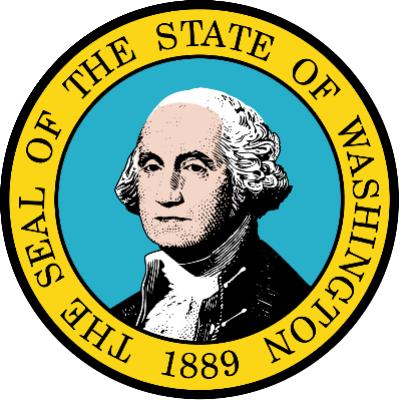About Job
Overview
The Care Coordinator plays a vital role in supporting individuals affected by substance use and mental health challenges. This position requires a deep sense of empathy and a solid understanding of the complex systems that clients must navigate. Working closely with clinicians and staff at Tsapowum Behavioral Health, the Care Coordinator helps clients access services, advocates for their needs, provides education and connects them with appropriate resources both within the Chehalis community and beyond.
In addition, the Care Coordinator oversees managing the implementation and management of the Tribal Opioid Response (TOR) Grant. Key responsibilities include supervising the Peer Support program, implementing the White Bison Wellbriety program, and driving prevention efforts aimed at reducing the impact of Substance Use Disorder (SUD) in the Chehalis Tribal community. This role also focuses on building internal capacity to ensure the long-term sustainability of SUD and mental health prevention, treatment, and support services within the Tribe.
Job Duties & Responsibilities:
A. Promote healthy lifestyles by offering vision, creativity, and positive encouragement to clients and community members.
B. Engage with clients in a compassionate and approachable manner to support recovery and wellness.
C. Empower clients to set and achieve recovery goals through advocacy, education, and support.
D. Educate families and communities about substance use disorder and how to administer naloxone in overdose situations.
E. Partner with other departments to enhance client care and program effectiveness.
F. Identify client needs and connect them with the appropriate internal and external resources.
G. Collaborate with the clinicians, Certified Peer Specialists, SUDPs, and mental health providers to ensure coordinated care.
H. Implement and oversee the Peer Recovery Program.
I. Collect, maintain, and track grant related data using a structured database.
- Maintain familiarity with grant requirements and meet all reporting deadlines. Ensure proper grant processes are followed.
K. Ensure accurate and up-to-date documentation of services and client interactions.
- Adhere to evidence-based practices and professional standards in all aspects of care coordination.
- Adhere to HIPAA, 42 CFR Part 2, and Tribal confidentiality standards.
Education & Experience: A Bachelor’s degree in related field and three (3) years’ experience working with substance abuse and mental health programs required. An Associate’s degree and five (5) years’ experience may be substituted. Demonstrated knowledge of the impact of social and health issues regarding the cycle of addiction and intergenerational trauma required. Experience with American Indian/Alaska Native communities is required.
Job Type: Full-time
Pay: $34.77 per hour
Expected hours: 40 per week
Benefits:
- 401(k)
- 401(k) matching
- Dental insurance
- Employee assistance program
- Flexible spending account
- Health insurance
- Life insurance
- Paid sick time
- Paid time off
- Vision insurance
Schedule:
- 8 hour shift
- Monday to Friday
Education:
- Associate (Required)
Experience:
- working with substance abuse : 5 years (Preferred)
- managing and overseeing Grants: 3 years (Preferred)
- working with American Indian/Alaska Native communities: 1 year (Required)
Ability to Commute:
- Oakville, WA 98568 (Required)
Work Location: In person
Professional Field
 Other Behavioral, Mental, or Healthcare Field
Other Behavioral, Mental, or Healthcare Field Peer Specialist
Peer Specialist








